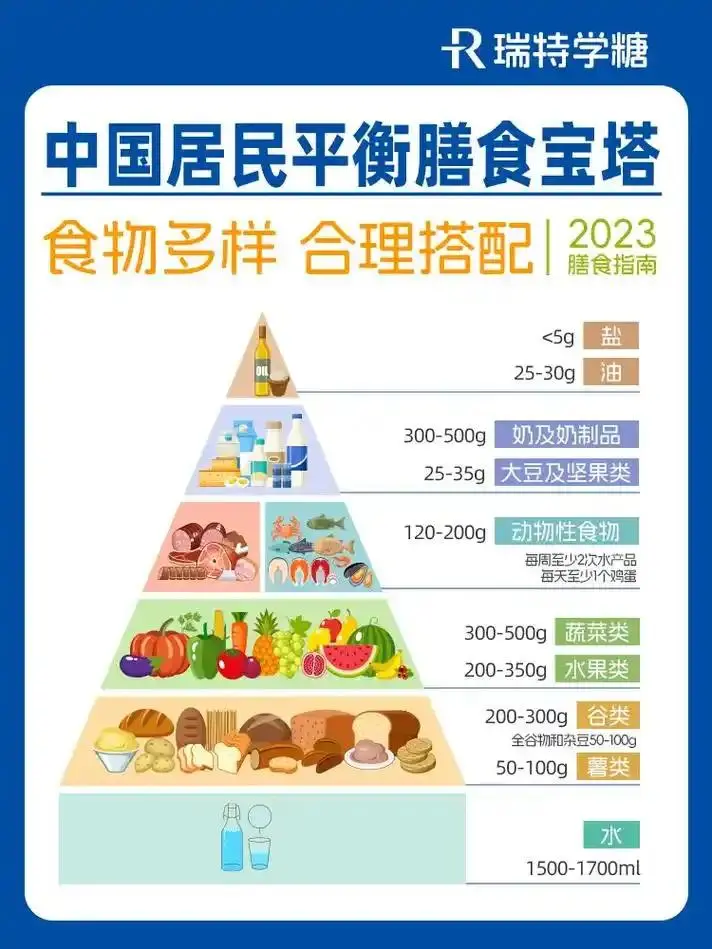Today, “health preservation” has become a hot topic of national concern. From young people soaking goji berries in thermoses to middle-aged and elderly individuals eagerly attending various health lectures, it seems everyone is pursuing the secret to “health and longevity.”

What does true health preservation entail? Many people are unclear. Worse still, some so-called “health preservation” habits not only fail to strengthen the body but also inadvertently lay the groundwork for “nurturing illness.”What kind of health preservation is actually nurturing illness? How should one practice correct health preservation? Is achieving the “Five Goods” sufficient?With these questions in mind, we will explore the underlying truths step by step.
Health Preservation or Nurturing Illness?
In modern society, health anxiety is ubiquitous, and more and more people are joining the “health preservation army.” However, erroneous concepts and methods have led many into misconceptions. Some common “health preservation” behaviors are actually slowly harming health.
For example, some believe that “the more supplements, the better,” and thus carry various tonics with them. Traditional Chinese Medicine (TCM) emphasizes that “if there is deficiency, then supplement it,” but the needs for tonics vary greatly among individuals of different constitutions and ages.

Blindly over-supplementing can lead to mild issues like indigestion and nutritional excess, or severe problems such as chronic diseases.Data from the National Health Commission shows that in the past decade, cases of liver damage due to the abuse of health supplements have been rising annually, with over 60% of these cases involving middle-aged and elderly individuals.
Moreover, many people like to follow trendy “internet celebrity health methods,” such as drinking ten cups of water daily or excessively pursuing low-salt, low-fat diets. These methods may seem healthy but are disconnected from individual needs and scientific evidence.
Excessive water intake can lead to electrolyte imbalances, and in severe cases, can even be life-threatening; while overly restricting salt intake may result in dangerously low sodium levels, harming the cardiovascular system. These “pseudo-health preservation” behaviors are, in fact, nurturing illness rather than health.
True Health Preservation is Understanding Your Body
True health preservation is not about blindly following trends but learning to communicate with your body and understand its needs. The human body is like a precision instrument, where every part requires balance and regulation. The standard of health is not the extreme pursuit of a “disease-free state” but maintaining the body’s dynamic balance.

Research shows that the vast majority of chronic diseases are closely related to lifestyle. For instance, the World Health Organization indicates that over 70% of chronic diseases globally, including diabetes, hypertension, and cardiovascular diseases, are associated with poor lifestyle habits.
These unhealthy habits often hide within our so-called “health preservation” behaviors. To truly achieve health preservation, the first step is to discern which behaviors are beneficial and which are detrimental to health.
Correct Health Preservation: The ‘Five Goods’ Are Sufficient
In the midst of complex information, how can one find the correct path to health preservation? In fact, true health preservation is not complicated; achieving the “Five Goods” is enough. These “Five Goods” are: eating well, moving well, sleeping well, maintaining a good mindset, and having regular check-ups.
1. Eating Well: A Balanced Diet is the Foundation of Health
Diet is one of the core aspects of health preservation, but “eating well” does not mean “eating more” or “eating expensive foods.” The “Chinese Dietary Guidelines (2022)” suggest that a balanced diet should include a variety of foods such as grains, vegetables, fruits, high-quality proteins, and healthy fats. Special attention should be paid to the following points:

Moderation is Key: Overeating can burden the digestive system, leading to obesity and related diseases. Data shows that the number of overweight and obese individuals in China has reached 600 million, a significant portion of which is related to excessive eating.
-
Less Processed, More Natural: Overly processed foods contain many additives and trans fats, which are harmful to the cardiovascular system. Natural foods, such as vegetables, fruits, and whole grains, are rich in vitamins and dietary fiber, helping to prevent chronic diseases.
-
Control Salt, Sugar, and Oil: Daily salt intake should not exceed 5 grams, cooking oil 25-30 grams, and sugar intake should not exceed 50 grams. These indicators may seem simple, but few people truly adhere to them.
2. Moving Well: Appropriate Exercise is Key to Longevity
Life is movement, but exercise also requires the right methods and intensity. The World Health Organization recommends at least 150 minutes of moderate-intensity aerobic exercise or 75 minutes of high-intensity exercise each week. Different age groups should choose different types of exercise:
-
Young People: Can choose running, swimming, strength training, etc., to enhance cardiovascular function and muscle strength.
-
Middle-aged and Elderly Individuals: Should engage in low-impact exercises such as walking, Tai Chi, or yoga to protect joints and bones.
-
Sedentary Individuals: Should get up and move for 5-10 minutes after every hour of sitting, such as doing squats or stretching exercises.
Consistent moderate exercise not only boosts immunity but also improves mood and prevents chronic diseases. However, excessive exercise can have the opposite effect, leading to muscle injuries and decreased immunity.
3. Sleeping Well: Sleep Quality Affects Overall Health
Sleep is a crucial part of the body’s repair process. Long-term sleep deprivation can weaken the immune system, accelerate aging, and even increase the risk of cardiovascular diseases and metabolic disorders. A global data study indicates that individuals who sleep less than 6 hours a day have a 48% higher risk of heart disease compared to those who sleep normally.

To ensure good sleep quality, one can focus on the following aspects:
-
Regular Sleep Schedule: Go to bed and wake up at the same time every day to establish a biological clock.
-
Relax Before Sleep: Avoid prolonged use of electronic devices before bed; consider listening to soothing music or reading.
-
Optimize the Environment: The sleep environment should be quiet, dim, and at a comfortable temperature.
4. Good Mindset: Mental Health is the Soul of Health Preservation
Mental health is often overlooked, yet it is the essence of health preservation. Long-term emotional states of anxiety, depression, or anger can lead to endocrine disorders and increase the risk of various diseases. Research shows that excessive psychological stress is closely related to cardiovascular diseases, gastrointestinal diseases, and decreased immunity.
To maintain a good mindset, one can focus on the following points:
-
Learn to Manage Stress: Release negative emotions through exercise, meditation, or talking.
-
Take Losses Lightly: Cultivate a positive attitude towards life and reduce excessive dependence on external factors.
-
Appreciate the Present: Focus on small joys in the present and reduce anxiety about the future.
5. Regular Check-ups: Health Checks are the Guarantee of Health
“Early detection, early treatment” is a consensus in the medical community. Many chronic diseases do not show obvious symptoms in their early stages and can only be detected through check-ups. Especially for diseases like cancer, diabetes, and hypertension, early diagnosis leads to significantly better treatment outcomes.
The frequency and items of health checks should be adjusted based on age, gender, and family medical history. For example:
-
Individuals Aged 20-40: Should have check-ups every 2-3 years, focusing on liver and kidney function, blood sugar, and blood lipid levels.
-
Individuals Aged 40 and Above: Should have annual check-ups, adding cardiovascular and cancer screening items.
-
Individuals with a Family History of Chronic Diseases: Should increase relevant checks, such as gastroscopy and colonoscopy.
Health preservation is not a complex endeavor, nor does it require high-cost methods. True health preservation is about returning to the essence of life, following scientific principles, and achieving the “Five Goods.” Eating well, moving well, sleeping well, maintaining a good mindset, and having regular check-ups—each of these may seem simple, yet they are the foundation of health and longevity.

Rather than blindly pursuing a “universal health preservation method,” it is better to calm down and listen to what your body needs. Do not let erroneous “health preservation” behaviors become stumbling blocks to your health. True health preservation is a wise lifestyle, not a blind obsession. Achieving the “Five Goods” will naturally bring health closer to you!

